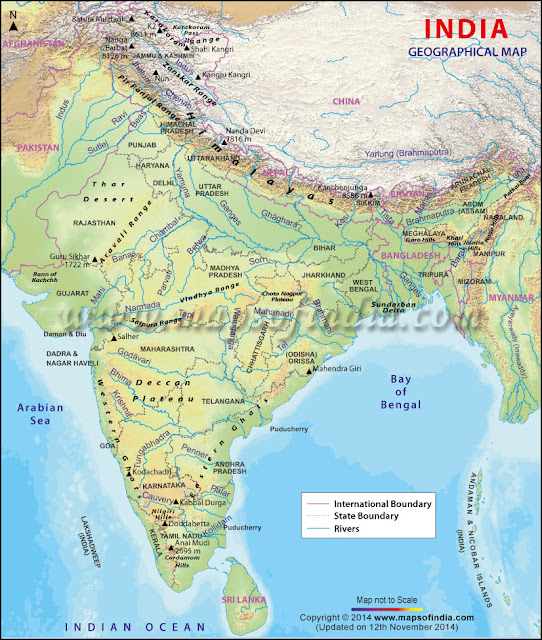Disposal of the Business of the Government of India
🔰Disposal of the Business of the Government of India🔰
⚜The Constitution of India provides that the executive power of the Union is vested in the President, who may exercise it either directly, or through officers subordinate to him/her in accordance with the Constitution and the rules framed thereunder.
⚜The President has, in exercise of the powers conferred under Article 77(3) of the Constitution of India, framed the Government of India (Allocation of Business) Rules, 1961, and the Government of India (Transaction of Business) Rules, 1961, for disposal of Government Business.
⚜The Cabinet Secretary is the administrative head of the Cabinet Secretariat.
⚜The Cabinet Secretariat is responsible for the administration of the Government of India (Transaction of Business) Rules, 1961 and Government of India (Allocation of Business) Rules, 1961 facilitating smooth transaction of business in Ministries/Departments.
⚜The Cabinet Secretariat is under the direct charge of the Prime Minister.
🌺Government of India (Allocation of Business) Rules, 1961🌺
🌻The Allocation of Business Rules comprise of three parts:
1. Main rules.
2. 'First Schedule' indicating the names of the Ministries, Departments, Secretariats and Offices under the Government of India. (The correct name(s) of the Ministries/Departments should be taken from this Schedule).
3. 'Second Schedule' indicating the distribution of subjects among the
Ministries/Departments. This gives details of the items of business allotted to the individual Ministries and Departments. The business so allocated to Ministries and Departments includes Attached and Subordinate offices, and other organizations including Public Sector Undertakings administered by them.
🌺Government of India (Transaction of Business) Rules, 1961🌺
🍀Most of the powers of the Union are not exercised by the President in person. The Transaction of Business Rules, as amended from time to time, lay down the procedure to be complied with for the disposal of the business allocated to various Departments including submission of cases to the Prime Minister, the Cabinet and its Committees and the President.
🍀The Transaction of Business Rules comprise of five parts:
1. Main rules.
2. 'First Schedule' which lists the functions of the various Cabinet Committees.
3. 'Second Schedule' which details the cases that are required to be brought before the Cabinet.
4. 'Third Schedule' which lists the cases to be submitted to the Prime Minister and the President.
5. 'Fourth Schedule' which lists the periodical reports etc. required to be submitted to the President for information.
⚜The two key features of the Transaction of Business Rules are that:
(i) All business allotted to a Department under the Government of India (Allocation of Business) Rules, 1961, is to be disposed of by, or under the general or special directions of, the Minister-in-Charge, except where such authority is required to be exercised by some other competent authority under these Rules;
(ii) When the subject of a case concerns more than one Department, a decision can be taken or order issued only after such Departments have concurred, or, failing such concurrence, a decision thereon has been taken by or under the authority of the Cabinet.
🌼Under Rule 11 of the Transaction of Business Rules, it is the responsibility of the Secretary of the Ministry/Department to ensure that the requisite rules/regulations/procedures/processes etc. are duly observed while disposing of the business of the Department.
🌼To meet a situation of extreme urgency or unforeseen contingency in any particular case, Rule 12 of the Government of India (Transaction of Business) Rules, 1961 empowers the Prime Minister to permit or condone a departure from these rules, to the extent deemed necessary.
📝Prime Minister Narendra Modi on Saturday, 23rd November 2019, invoked Rule 12 of the ‘Government of India (Transaction of Business) Rules 1961’ empowering to cancel the proclamation of President Rule in Maharashtra without the approval of the Central Cabinet.

Comments
Post a Comment